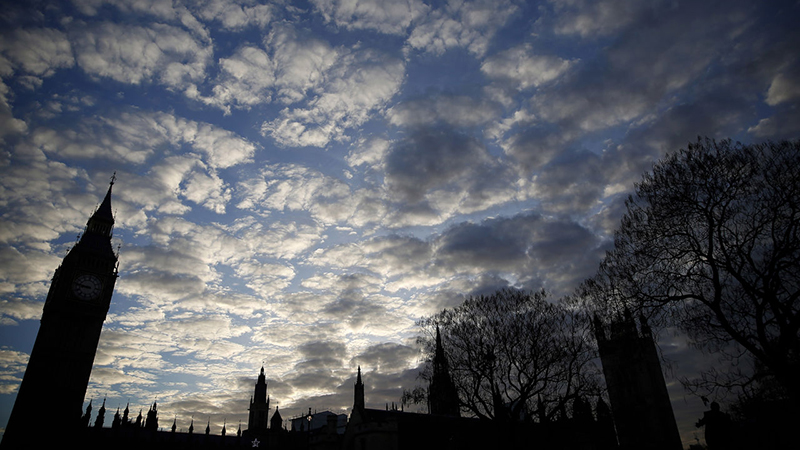QUESTION: We’ve heard that group health plan claims for certain services must be resolved under federal IDR rules. What is IDR, and what claims does it apply to?
ANSWER: The No Surprises Act (included in the Consolidated Appropriations Act, 2021 (CAA)) protects individuals from surprise bills for certain out-of-network services (see our Checkpoint article), and establishes an independent dispute resolution (IDR) process under which out-of-network providers and health plans may resolve disputes over claims subject to the law. (For more information about the surprise billing protections, see our Checkpoint Question of the Week.) The requirements apply to emergency items and services provided in a hospital emergency department (including an outpatient department that provides emergency services) or in an independent, freestanding emergency department geographically distinct and licensed separately from a hospital under state law. The rules also apply to non-emergency items or services furnished by a “nonparticipating provider” (i.e., an out-of-network provider or other provider that does not have a contractual relationship with the plan) at an in-network facility, as well as to out-of-network air ambulance services, i.e., medical transport of patients by helicopter or airplane.
The IDR process may be initiated by out-of-network providers, plans, and insurers only after an unsuccessful “open negotiation” (see our Checkpoint article). Providers and plans have a 30-day period, beginning on the day the provider receives an initial payment or denial notice from the plan, to initiate open negotiations and determine an agreed amount for payment. If the open negotiations do not result in an agreed payment amount, the provider or plan may pay the required fees and initiate an IDR process through the HHS IDR Portal. The process allows the disputing parties to submit their payment offers and supporting documentation to a certified IDR entity, which then issues a binding determination. This federal IDR process involves paper review, without hearings, and the certified IDR entity must make its determination of the payment amount for a qualified IDR item or service no later than 30 days after the date the entity is selected.
For more information, see EBIA’s Health Care Reform manual at Section XII.B.3 (“Surprise Medical Billing: Emergency and Non-Emergency Services”). See also EBIA’s Group Health Plan Mandates manual at Section XIII.B (“Patient Protections”) and EBIA’s Self-Insured Health Plans manual at Section XIII.C (“Federally Mandated Benefits”).
Contributing Editors: EBIA Staff.







